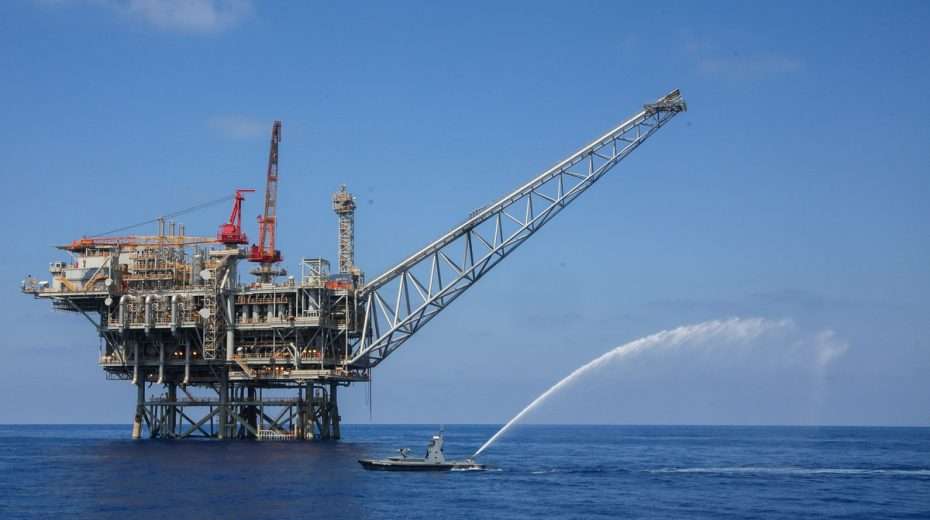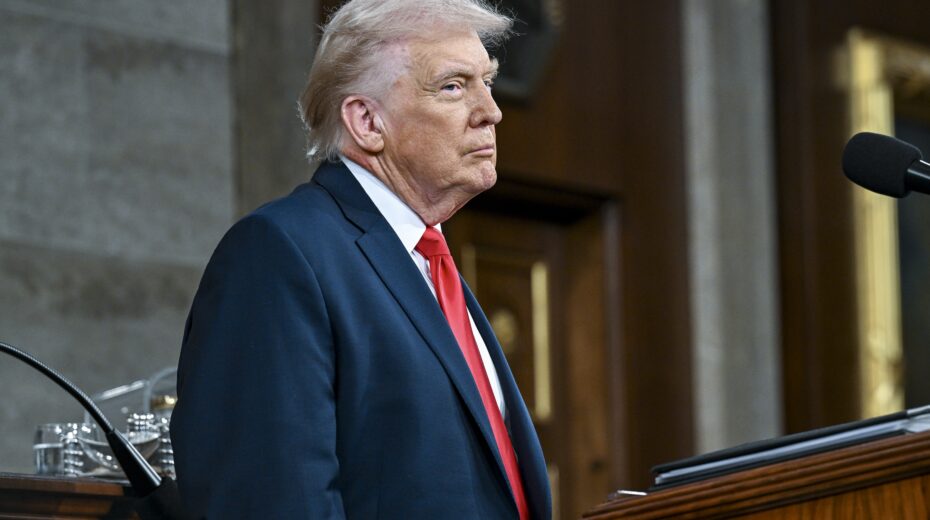Israel’s next national election will take place in just over two weeks. So it’s little surprise that the US-brokered Israel-Lebanon maritime border agreement is being heavily politicized.
One middle of the road voice is saying that all sides need to calm down, because there’s nothing to get excited over.
Interim Prime Minister Yair Lapid and Defense Minister Benny Gantz really need a big diplomatic win ahead of the election if they are to have any chance of keeping Benjamin Netanyahu from reclaiming the premiership. As such, they are both hailing the still-unsigned Lebanon deal as a “historic” achievement that will improve Israeli security.
Netanyahu is attacking the deal as an unprecedented surrender by desperate politicians.
Alternate (and former) Prime Minister Naftali Bennett suggested that both sides calm down.
Bennett had initially wavered on the maritime deal, but ultimately voted in favor when it was brought before the Cabinet this week. In so doing, he stressed that it was “neither a historic diplomatic victory, nor a terrible surrender.”

In broad strokes, the agreement moves the current de facto maritime border in order to partially meet new Lebanese demands. The current de facto line was actually proposed by Lebanon decades ago in its maritime border deals with Cyprus. Israel accepted those lines, and placed buoys.
It was only in more recent years that large, lucrative natural gas fields were discovered near or straddling that line, and Lebanon changed its mind.
Negotiations over the Lebanese demands have been ongoing for over a decade, with Israel firmly standing its ground on the de facto border, until now.
In recent months, Hezbollah has threatened to start a war if Israel begins extracting natural gas from the area, prompting the current government to insist a deal must be made posthaste, and fueling Netanyahu’s charges of “surrender.”
The US-brokered deal moves the line in Lebanon’s favor by putting most of the large Kana gas field in its territorial waters.
See: Full text of the Israel-Lebanon maritime border agreement
At the same time, it stipulates that Lebanon pay royalties to Israel for that part of Kana that is in Israeli waters, and that Lebanon and any armed forces it hosts not interfere with Israel’s extraction of gas from the nearby Karish field.
Since Israel and Lebanon are still officially at war, it would appear that Israel is actually making this agreement with the US, and that Washington is the guarantor for the Lebanese promises.
This has understandably left some Israelis skeptical. After all, the US made similar guarantees when Israel, under pressure from Washington, fully withdrew from the Gaza Strip in 2005. Those guarantees went fully unfulfilled.














